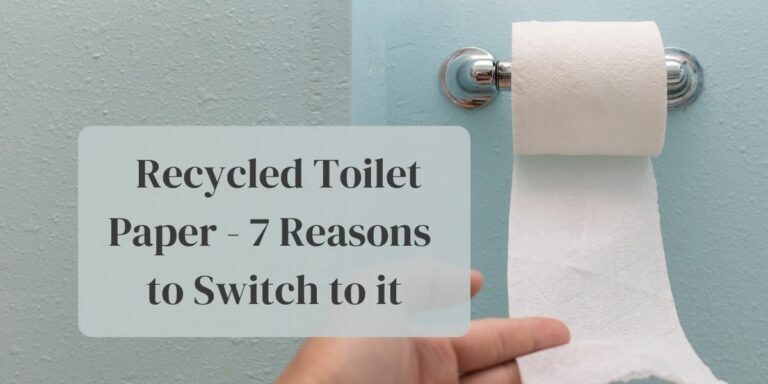Sustainable Eating: The Best Tips for a Sustainable Diet
Currently, we are facing by far the greatest environmental crisis of our time. The concepts of eco-consciousness and awareness, circular economy and sustainability are no…

Currently, we are facing by far the greatest environmental crisis of our time. The concepts of eco-consciousness and awareness, circular economy and sustainability are no…

How you organize and decorate your home shows who you are and what matters to you. So, all those little details like bookshelves, carpets, paintings,…

Cities on Earth are responsible for 60-80% of energy consumption, which make them prone to the negative impacts of urbanization like pollution, traffic density, gentrification…

Dumpster diving has been trending for the past few years. It has gone from being unaccepted to being encouraged or even normalized as a part…

If you’re always out and about, whether commuting, traveling, or simply walking around town, chances are you had to deal with the frustration of a…

As an eco-conscious person, you’ve probably abandoned a lot of your lifestyle choices to promote sustainability. You might write on both sides of a paper,…

I recently spent hours to look into the environmental impact of avocados. Why? Because I’ve heard from some friends in Mexico that behind the tasteful…

You might already be aware that biking is one of the most eco-friendly transportation methods. Some people aren’t satisfied with that fact. They want to…
![Top Board Games about Climate Change & The Environment [List]](https://sustainabilitymattersdaily.com/wp-content/uploads/2020/01/board-games-environment-thumb-768x384.jpg)
Let’s be honest: it is more important than ever to learn about environmental awareness. The reason why I wrote this article is quite simple and…

I work in a company that has a very green profile. As an experienced digital marketing manager, I am responsible for coming up with all…

After living in China for five years, I am quite knowledgeable about what happens in this gigantic country. When you combine the experiences I got…

Illegal logging includes any illegal practice that is related to the harvest, processing, and trade of wood. The illegality occurs when provisions of the law…

I am a big fan of making my home more eco-friendly. In fact, while living in China, I wrote a long article about all the…

Politicians don’t often mention the fast food industry when they debate climate change questions. But they should. This article will tell you why. But before…

So-called “Climate Deniers” tend to love Al Gore. They can’t get enough of him. Every single time some (poorly educated) climate denier loses an argument…
![10 Songs With an Eco-Friendly Message [For Earth Day]](https://sustainabilitymattersdaily.com/wp-content/uploads/2019/03/eco-friendly-lyrics-thumb-768x384.jpg)
We have browsed through “all of Spotify” to find songs that promote an environmentally friendly message. Probably not the best usage of time, but we…

So you’re researching hydroponics for beginners. Awesome! Welcome to the wonderful world of hydroponics and growing the most amazing vegetables (and even fruits) that you’ve…

Have you ever seen some type of art and gone: “Damn, it looks cool, but…isn’t that a huge waste of resources?” You might not. But…